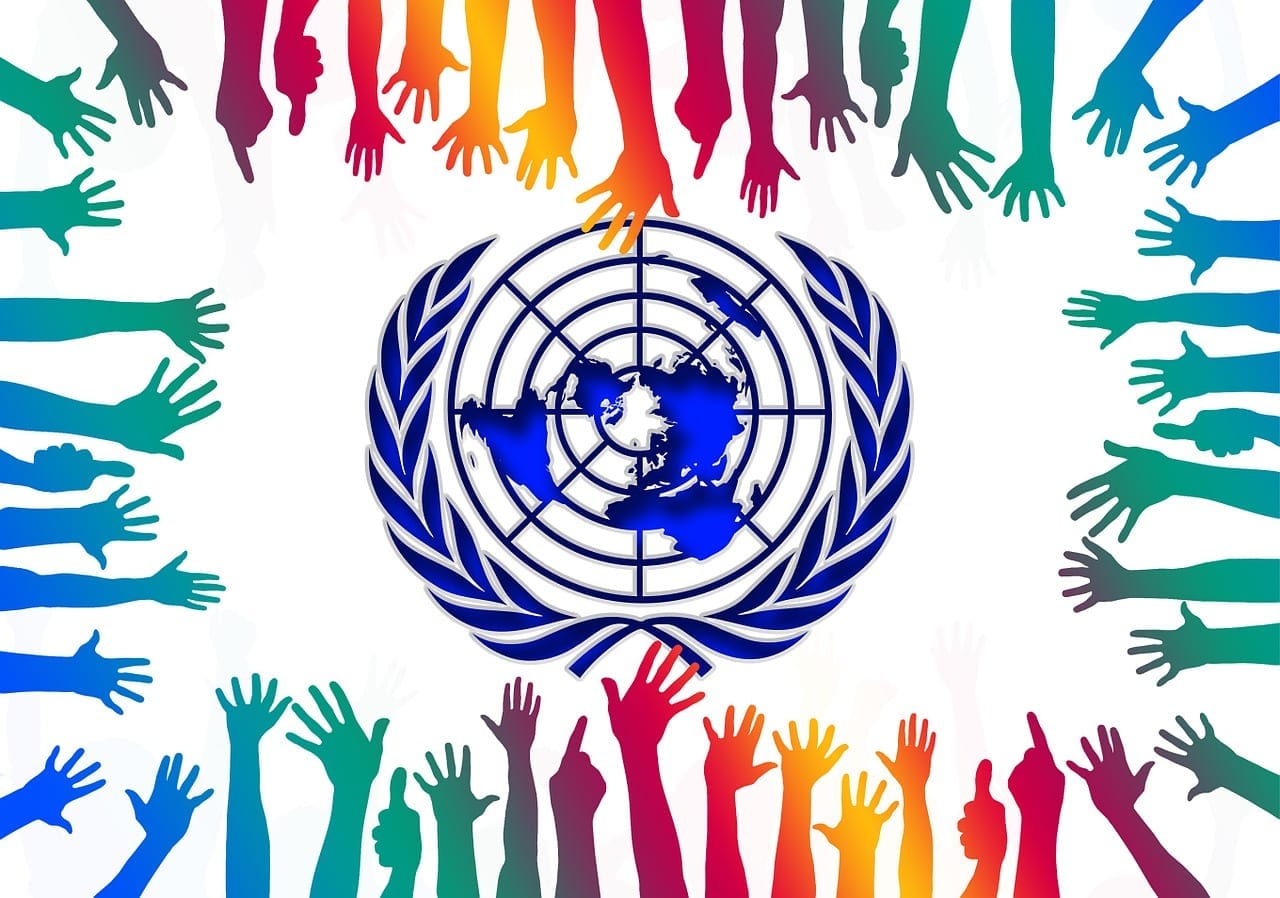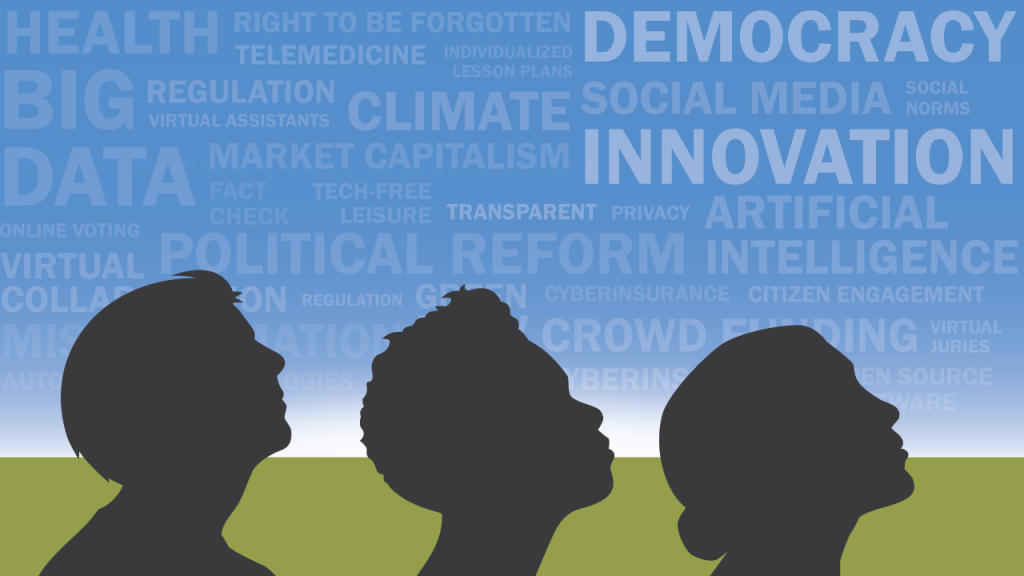Comprehensive Insights into the Influence of Non-Governmental Organizations on Democracy Development

The influence of non-governmental organizations on democracy development goes beyond the traditional conceptions of civic duty or placid community service. Non-governmental organizations (NGOs) carry out a complex array of functions, acting as watchdogs, policy influencers, and conveners that foster the growth of civil society and ensure transparency and accountability in governmental processes.
For decades, NGOs, both local and international, have been pivotal in promoting participatory democracy by educating voters on their rights, monitoring elections, and advocating for policy changes that benefit the public’s interest. Their vital role in building mechanisms to ensure the practice of democracy is recognized and valued across the globe.
An Overview: How Non-Governmental Organizations Mold Policy Decisions
The role of non-governmental organizations in shaping policy is varied and multifaceted. They act as voices in the local and international arenas that represent marginalized and underrepresented segments of society. Contributions of NGOs range from presenting data-driven policy recommendations to organizing grassroots movements that demand change in public policy.
Non-governmental organizations and governmental organizations often hold opposing viewpoints, given that many NGOs often expose government shortcomings and lead the charge for necessary reforms. Yet, their relationships with the states are recycled and varied; some governments take into account the NGOs’ demands and suggestions, while others suppress their activities.
Nonetheless, NGOs continue to fight for human rights, economic justice, and social equality, insisting to have their voices heard in the halls of decision-making, from local governments to the United Nations system.
Evaluating the Critical Role of Non-Governmental Organizations in Policy Formation
The critical role played by NGOs in policy formation extends from local initiatives combating corruption or advocating for environmental protection, to global movements garnering international attention, such as those aimed at human rights abuses or climate change. Their work is driven by a commitment to civil society participation and a determination to elevate community concerns to the public sector and decision-making sphere.
Mechanisms by which Non-Governmental Organizations Impact Democracy Development
NGOs impact democracy development through a variety of mechanisms. They act as educators, informing citizens about human rights and equipping them with knowledge and skills to drive change and effectively engage with local or national governments. They also work as watchdog organizations, monitoring governmental organizations and private sector actions, and providing checks to state power.
Through consistent struggles, lobbying, and capacity building, NGOs have carved out a specific realm within the political and economic structure of society, which differentiates them from governments and international organizations. Through these mechanisms, they continue to play an essential role in the creation of policies that affect people’s lives across the globe.
Intricacies of Non-Governmental Organizations’ Role in Shaping Democracy
The role of non-governmental organizations in shaping democracy carries with it the interwoven intricacies of advocacy, collaboration, and agitation. They often take on the role of intermediaries between the citizenry and national or international institutions.
Exploration of the Scope of Influence of Non-Governmental Organizations in Democratic Nations
In democratic nations, non-governmental organizations carry extensive influence. They act as bellwethers of public sentiment, catalysts for progressive legislation, agents of change, and resilience against government actions contrary to the public interest.
Support for civil society in democracies is robust, and NGOs leverage this by engaging in awareness campaigns, community mobilization, and consensus-building exercises on key issues. They help foster participatory democracy by acting as intermediaries between common individuals and organizations and leveraging their knowledge, talents, and passions into collective action.

How Non-Governmental Organizations Facilitate Progressive Policy Changes
Non-governmental organizations often act as change agents in society, identifying pertinent issues, sparking public debate, and seeking sustainable solutions. Through policy advocacy, civic engagement, research, and capacity building, NGOs play an important role in facilitating progressive policy changes in both, the developing and developed countries.
When governments and international institutions falter in their responsibility, NGOs often step into the breach. With their deep connections to the grassroots level, they can detect the pulse of the citizenry, reflecting their aspirations and desires at the decision-making table in a way that public or private sector entities often cannot.
Unraveling the Multi-faceted Roles of Non-Governmental Organizations in Democracy
The roles of non-governmental organizations in democracy are intricate and expansive, from amplifying voices of the marginalized to initiating policy changes.
Dissecting the Policy Influence Exerted by Non-Governmental Organizations
The policy influence exerted by non-governmental organizations cannot be underestimated. NGOs play an important role in enhancing the inclusivity and responsiveness of policy formulation by providing valuable insights and data. They also engage in lobbying activities to ensure that necessary policy changes are undertaken, especially in areas of human and civil rights, and environmental sustainability.
Unveiling the Key Mechanisms Non-Governmental Organizations Use to Bolster Democracy
NGOs use various mechanisms to bolster democracy. They engage in education campaigns, advocacy initiatives, research, lobbying, and awareness campaigns. Access to open policy platforms allows them not only to contribute to policy discussions but also to engage the public in these dialogues extensively. As a result, they forge an informed citizenry that can advocate for their rights, fostering a resilient and thriving democracy across the globe.
In conclusion, non-governmental organizations play a vital role in shaping democracies and influencing policy decisions. Their work inspires change and fosters a culture of political participation, ensuring that the tenets of democracy – transparency, accountability, and participation – are upheld. They represent an essential facet of civil society and act as a significant force for positive change in our world today.

Leave a Reply